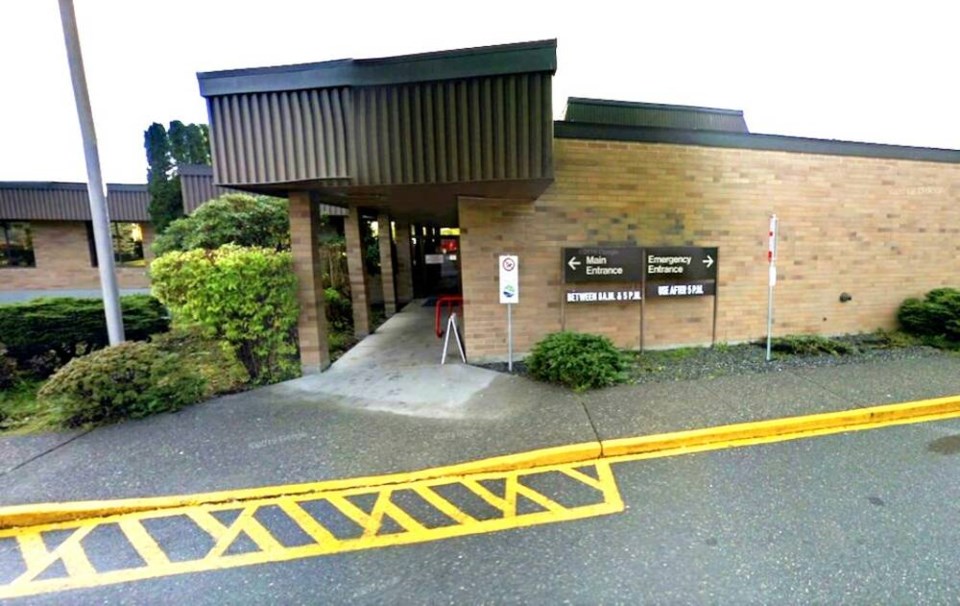First Nations in the Port Hardy region struggling with a surge in drug, alcohol and suicide-related deaths say health authorities are responding to their requests for support.
Last week, the 1,100-member Gwa’sala-‘Nakwaxda’xw Nations and nearby Kwakiutl and Quatsino First Nations declared a state of emergency after 11 Gwa’sala-‘Nakwaxda’xw members — many of them youths — died over a period of two months due to toxic drugs, alcohol and mental-health challenges.
In a tri-nation statement from the medical director of the Kwakiutl Health Centre in Port Hardy posted on social media on Tuesday, the health director says Island Health has responded “to all our specific asks for supports.”
The health authority will provide funding for the three First Nations to create a community crisis line with outreach workers on call evenings, overnight and on weekends; will provide designated Island Health outreach workers to support community outreach workers when needed after hours and on weekends; and will provide additional mental-health support for health-care workers during the crisis, including a mobile response team, the statement said.
The First Nations Health Authority will also provide funds to hire a crisis response and prevention co-ordinator to map and plan for increased mental-health and substance-use support and programs for the three First Nations in the Port Hardy region and other Indigenous organizations in the area “to bring preventative programming to this region,” it says.
In the statement, the health director says the nations are in daily contact with the First Nations Health Authority and Island Health to plan additional supports and “ensure we roll out these new programs and positions in a co-ordinated and respectful way in order to truly support those who are struggling.”
Island Health said in a statement that it continues to work with the nations to collaborate with and support the community-led response, “responding to specific asks as they come forward.”
Dr. Alex Nataros, a family physician and medical director of the North Island Community Health Centre, said Wednesday it’s good news that the health authorities are providing supports to the First Nations, but there needs to be a collaborative approach, noting he and his colleagues have not been approached.
There are far more premature deaths, especially among youth, in the Port Hardy area than the 11 reported by the Gwa’sala-‘Nakwaxda’xw Nations, he said.
Nataros noted that ambulances transporting these emergency cases continue to be diverted to Port McNeill Hospital, about 40 kilometres away, more than a year after overnight ER closures at Port Hardy Hospital started as a “temporary” measure to stabilize services.
“We need all hands on deck,” said Nataros. “I continue to see patients every day that are actively impacted and traumatized by suicides that we’ve had even this week and overdoses this week, so this is happening in real time.”
Nataros said he’s surprised that he hasn’t heard from Island Health, given that he is “the busiest doctor north of Campbell River in terms of patients seen” and medical director of a walk-in primary care clinic that represents about 5,000 patients.
“No one has reached out to me in terms of what is needed,” said Nataros, adding he’s seeing more than 40 patients a day, many of whom are traumatized and suffering.
“We are providing by far the majority of the primary care north of Campbell River, and there’s no consultation with us in terms of what’s needed.
“So, yes, it is good that we have Island health and FNHA providing supports, but we need collaborative care. Right now, there’s not collaborative care and the physicians on the frontlines are being left out.”



